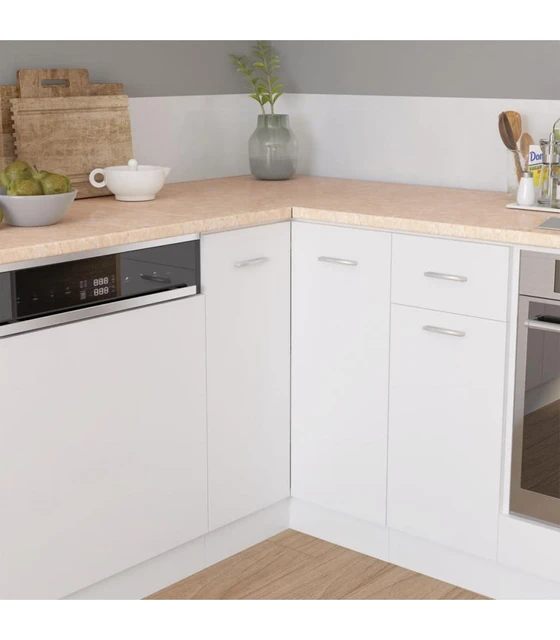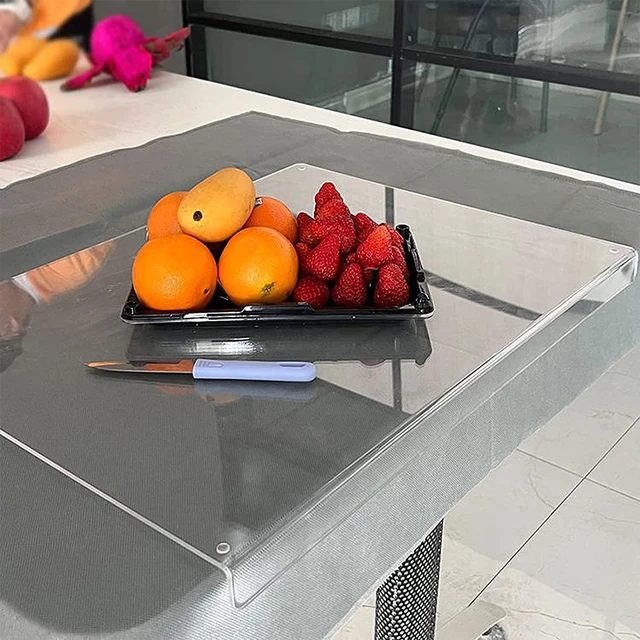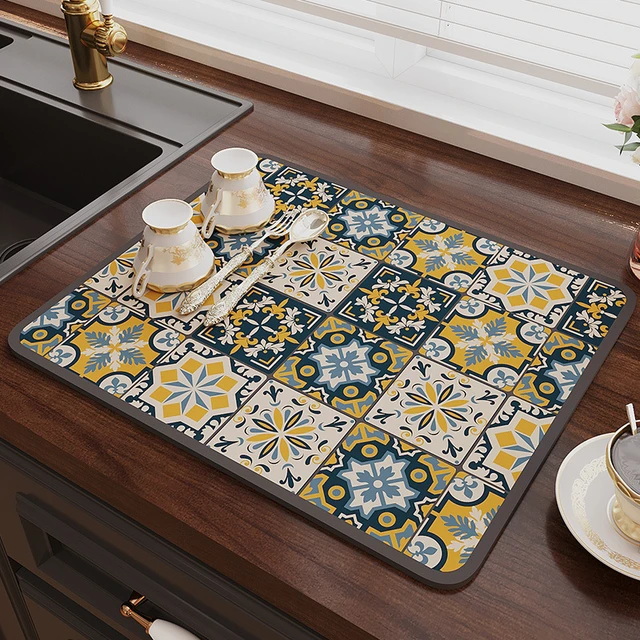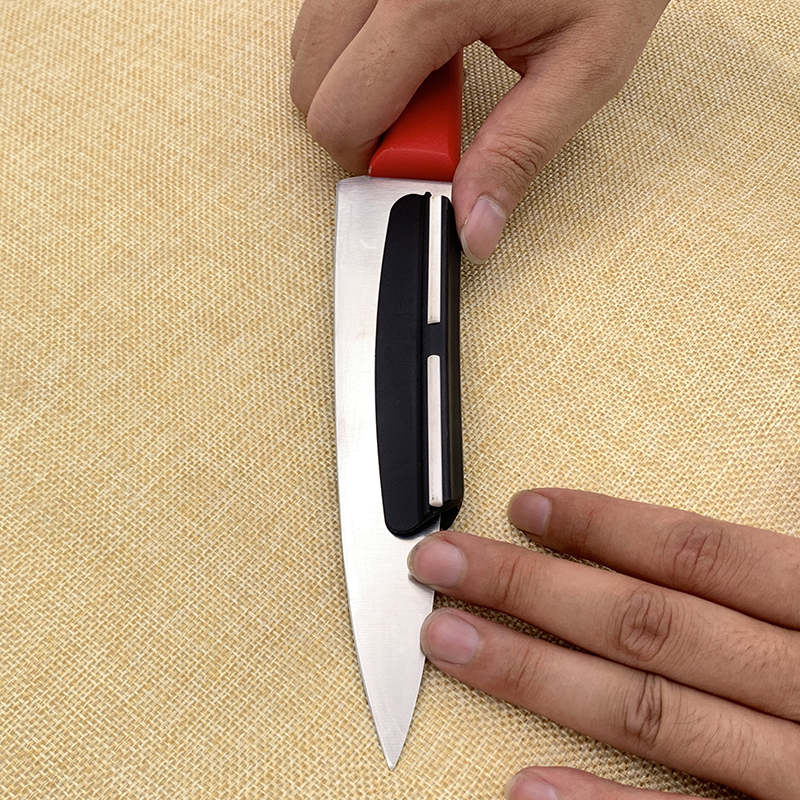 Introduction:
Introduction:
Replacing your kitchen countertop is a significant investment that can transform the look and functionality of your kitchen. However, it’s important to consider the cost involved to ensure it aligns with your budget. The kitchen countertop replacement cost can vary depending on various factors such as the material, size, and complexity of the installation.
In this comprehensive guide, we will explore the factors that influence kitchen countertop replacement cost. From material options and labor costs to additional expenses and tips to save money, we will cover everything you need to know to make an informed decision about your kitchen countertop replacement project.
Material Options and Costs:
Laminate Countertops:
Laminate countertops are the most affordable option, with an average cost of $20 to $50 per square foot.
While they offer a wide range of colors and patterns, they may not have the same durability or longevity as other materials.
Solid Surface Countertops:
Solid surface countertops, such as Corian or Wilsonart, cost approximately $40 to $80 per square foot.
They offer a seamless appearance and can be easily repaired if damaged.
Granite Countertops:
Granite countertops range in price from $50 to $200 per square foot, depending on the quality and rarity of the stone.
Granite provides a luxurious and durable option with unique natural patterns.
Quartz Countertops:
Quartz countertops have become increasingly popular due to their durability and low maintenance.
Prices typically range from $60 to $150 per square foot depending on the brand and color.
Marble Countertops:
Marble countertops offer a classic and elegant look but tend to be more expensive, ranging from $70 to $200 per square foot.
Due to its porous nature, marble requires regular sealing and maintenance.
Labor Costs:
Countertop Removal:
The cost of countertop removal typically ranges from $300 to $800, depending on the size and complexity of the project.
This includes removing the existing countertop, disconnecting plumbing fixtures, and disposing of the old materials.
Countertop Installation:
Countertop installation costs vary depending on the material and complexity of the project.
On average, installation prices range from $30 to $150 per square foot.
Additional Labor Costs:
Additional labor costs may include plumbing and electrical work, backsplash installation, or modifications to accommodate sinks or appliances.
These costs can add several hundred to a few thousand dollars to the overall project.
Additional Expenses:
Sink and Faucet:
If you are replacing your countertop, you may also need to replace your sink and faucet.
The cost of a new sink and faucet can range from $100 to $1,000, depending on the style and quality.
Edge Treatment:
The edge treatment of the countertop can impact the overall cost.
Additional edge treatments, such as a bullnose or beveled edge, may add extra expenses.
Backsplash:
Installing a new backsplash can enhance the appearance of your countertop but will incur additional costs.
Backsplash materials and installation can range from $10 to $50 per square foot.
Ways to Save Money:
Comparison Shopping:
Research and compare prices from multiple suppliers and contractors to get the best deal.
Be cautious of unusually low prices, as they may indicate lower-quality materials or subpar workmanship.
Consider Alternative Materials:
If your budget is tight, consider alternative materials such as laminate or solid surface.
These options can provide a similar look at a fraction of the cost compared to natural stone.
DIY or Partial DIY:
If you have the necessary skills and tools, consider tackling some aspects of the project yourself, such as demolition or backsplash installation.
However, be cautious and ensure you have the expertise to handle more complex tasks to avoid costly mistakes.
Opt for Standard Sizes:
Custom sizes or complex shapes can significantly increase the cost of your countertops.
Choosing standard sizes can help save money on both the material and installation costs.
How to clean and maintain a new kitchen countertop:
After replacing a kitchen countertop, proper cleaning and maintenance will help keep it in good condition. Here’s how to clean and maintain a new kitchen countertop:
Daily Cleaning:
Wipe down the countertop regularly with a soft cloth or sponge and mild dish soap. Avoid abrasive cleaners or scouring pads that could scratch or damage the surface. Rinse thoroughly with water and dry with a clean cloth to prevent water spots or streaks.
Avoid Harsh Chemicals:
Refrain from using harsh chemicals, such as bleach or ammonia-based cleaners, as they can damage the countertop surface. Stick to gentle, non-abrasive cleaners that are suitable for the specific material of your countertop.
Clean Spills Promptly:
Accidental spills should be cleaned promptly to prevent staining or damage. Blot up liquid spills with a clean cloth or paper towel, and use a mild cleaner if necessary to remove any residue. Avoid leaving acidic or strongly colored substances, like citrus juice or red wine, on the countertop for an extended period.
Use Cutting Boards and Trivets:
To protect the countertop from scratches and heat damage, always use cutting boards for food preparation and trivets or heat-resistant mats for hot pots, pans, or appliances. Avoid cutting or placing hot items directly on the countertop surface.
Preventive Measures:
Use coasters or placemats under glasses or dishes to prevent moisture rings or marks. Be cautious with sharp objects like knives or utensils to avoid scratching the surface. Regularly inspect the countertop for any signs of damage or wear and address them promptly.
Sealant and Re-Sealing:
If your countertop material requires sealing, follow the manufacturer’s instructions for initial sealing and subsequent resealing. Sealing helps protect the countertop from stains, moisture penetration, and other damage. Regularly check the condition of the sealant and reapply as recommended.
Avoid Excessive Weight:
Be mindful of placing excessive weight or pressure on the countertop surface, especially near unsupported edges or corners. Heavy objects like small appliances or pots and pans should be properly distributed to prevent stress on the countertop.
By following these cleaning and maintenance practices, you can extend the lifespan of your new kitchen countertop. It’s essential to refer to the specific care instructions provided by the manufacturer for your countertop material to ensure proper cleaning and maintenance.
Conclusion:
Replacing your kitchen countertop is a significant investment, and understanding the costs involved is crucial for planning your budget. By considering factors such as material options, labor costs, and additional expenses, you can make informed decisions.
Remember to compare prices, explore alternative materials, and consider DIY kitchen countert bopoptions to save money. With careful planning and budgeting, you can achieve your desired kitchen transformation without breaking the bank.






